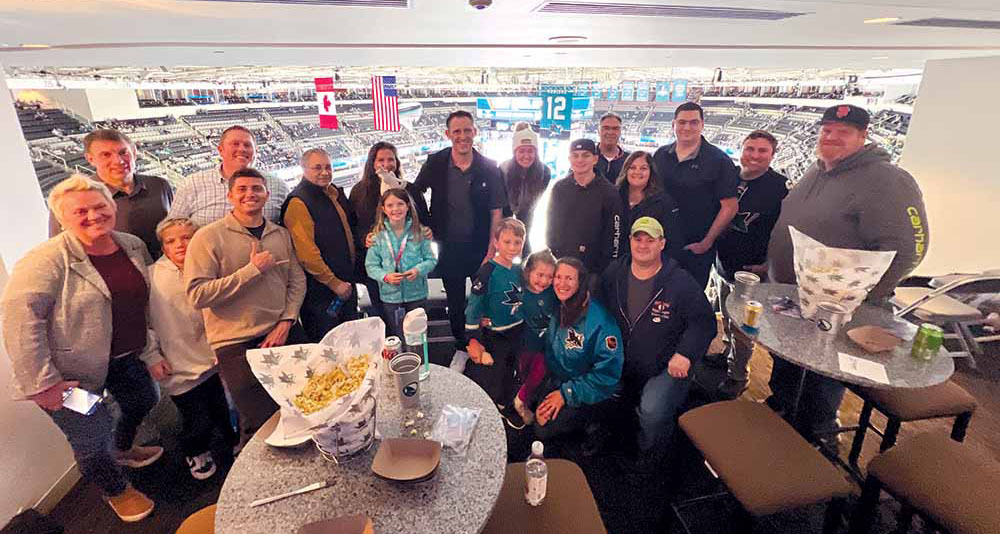Alaska

Alaska and Hawaiian Airlines families come together in San Jose, Calif., in November 2024 to kick off a series of family-unity events hosted jointly by the respective Master Executive Councils. Photo: Sara Beachler
At A Glance
Pilots joined ALPA: 1947
Number of pilots: 3,406
Domiciles: Anchorage, Alaska; Los Angeles and San Francisco, Calif.; Portland, Ore.; and Seattle, Wash.
Headquarters: Seattle, Wash.
Operations: Alaska, with its regional partners and recent acquisition of Hawaiian Airlines, serves more than 140 destinations throughout North America, Central America, Asia, and across the Pacific. Passengers, through Alaska’s membership in the oneworld Alliance, and with additional global partners, can travel to more than 1,000 destinations worldwide on more than 30 airlines while earning and redeeming miles on flights to locations around the world.
Fleet: 238 B-737s
Nearly one year after the official announcement of the merger of Alaska Airlines and Hawaiian Airlines, the final regulatory hurdles were cleared on Sept. 18, 2024, launching a new era for both pilot groups. Last year, the Alaska and Hawaiian Master Executive Councils (MECs) diligently prepared for the negotiation of a joint collective bargaining agreement (JCBA) and the steps that lie ahead in the merger.
“This merger’s potential extends beyond creating a larger, very different airline—it creates collective enhanced opportunities for the combined 4,600-plus pilots of both airlines as they build upon their proud 90-plus year legacies,” said Capt. Will McQuillen, the Alaska MEC chair.
In addition to the merger efforts, Alaska pilots achieved significant milestones this past year as they implemented the final sections of their 2022 collective bargaining agreement. This contract introduced substantial improvements in scope, scheduling, and pay, including transitioning to a preferential bidding system. The pilots also recently ratified additional pay increases for the next two years as the bargaining shifts to the JCBA.
The MEC remains dedicated to building a bright, unified future as the two groups begin negotiations with the company and eventually merge their representation under a single MEC.


